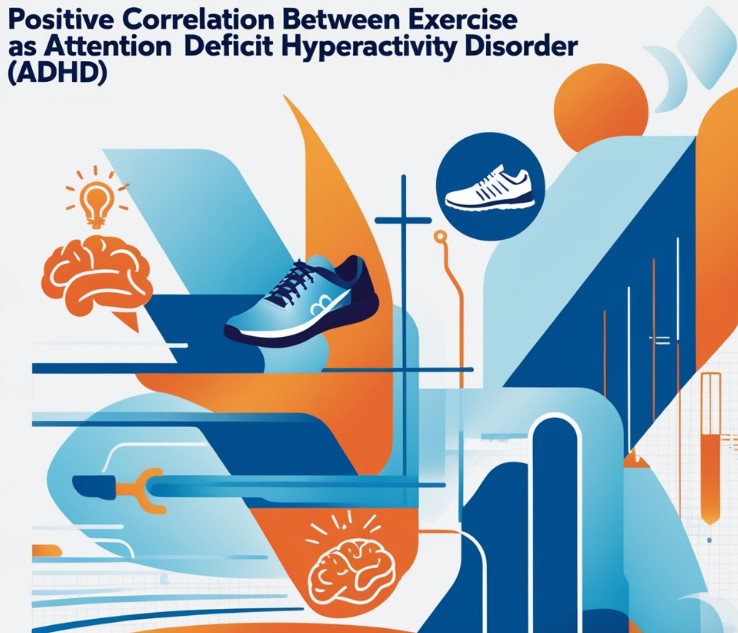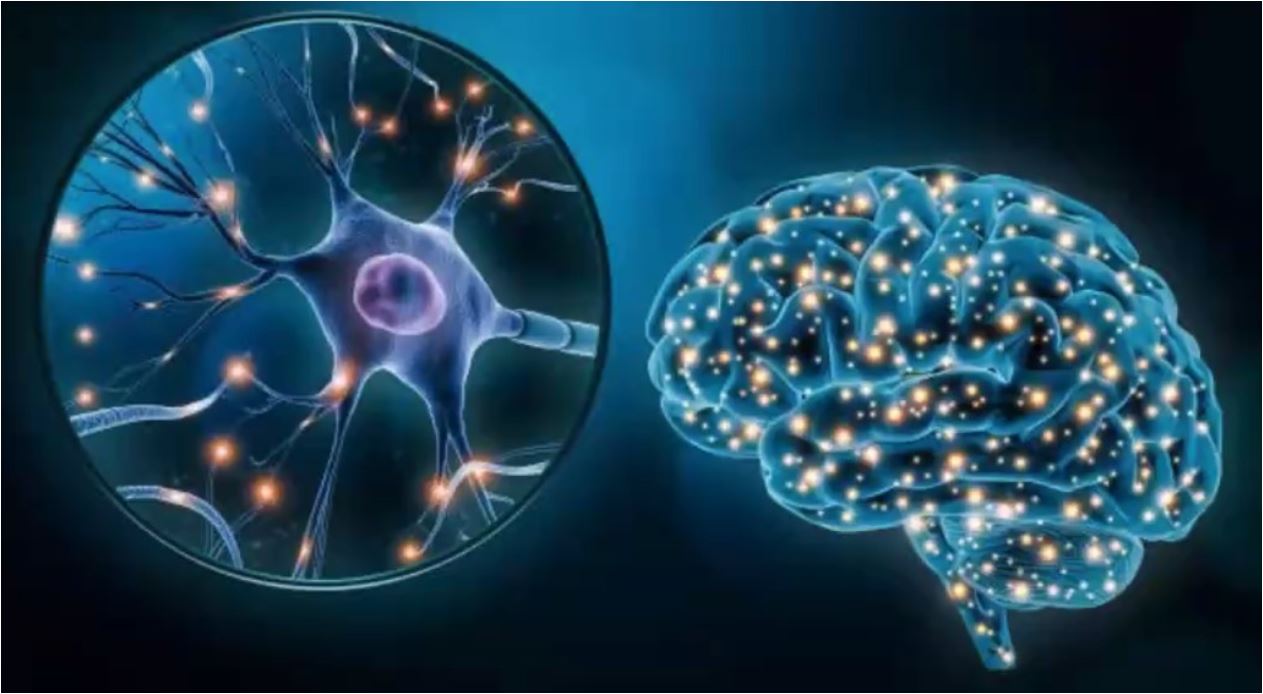When Little Words Cause Big Problems: Handling Child Cursing
This article aims to arm you with strategies on how to stop your child with cussing by fostering respectful language and understanding the motivations behind swearing toddlers and older children alike.








